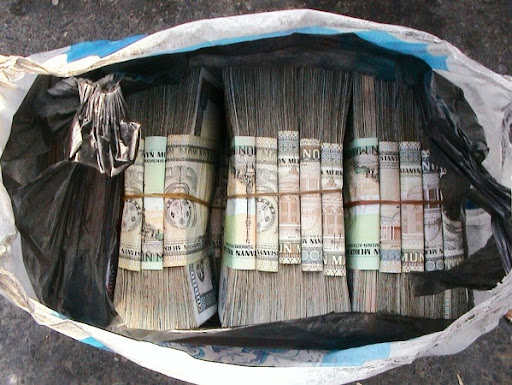How to Manage your Money While Traveling
Whether you’re traveling for a week, a year on sabbatical, or teaching abroad indefinitely, managing your money is a critical issue. From how you save money to how you access your money, financial choices and decisions will impact your life immensely. You should investigate your options for current accounts, and be sure that your money is in several places, so that it is accessible. Think through your entire trip, from start to finish. What will you need, and when? How will you spend your money? And how will you manage your money, this entire time? Take a look…

Here are our top tips for managing your money while traveling:
1. Save your money before you go. This seems like a basic, but when you save money before you travel, you have more money to travel with. Make your coffee at home, pack a lunch to work, cook at home instead of eating out. All of those extras will add up! If you need inspiration, think of buying a pizza in Rome, instead of at your local pizza shop. Budget wisely before going.

Pizza in Florence
2. Research the best ways to access your money while overseas. You should definitely find information on basic bank accounts, and see which ones will work best for your situation. Will your bank account be accessible from ATMs? Is there a fee? How much money can you take out each day? Get your facts straight, so that you won’t be caught short. That old tale of washing dishes to pay for a meal? Fallacy. Restaurants want to be paid in real money.
3. Talk to your bank and credit card providers. Tell them that you’ll be overseas, the locations, and the duration of time. That way, they can mark your account and won’t stop payment on anything for fraud (unless you report a stolen card, that is). Make copies of both sides of your cards, and keep a copy somewhere safe. Email all the phone numbers of your financial institutions to yourself, in case you need to get in touch.
4. Have a credit card (or two) in reserve. In case you reach your daily limit in ATM withdrawals, have another card available to pay for things. If you’re smart, you’ll get one that pays you back, or has a rewards program for your spending. Use this for larger payments (like airline tickets), so as to maximize returns.
5. Educate yourself on the exchange rate. That way, you won’t overspend – and will be more knowledgeable about what things cost, where you are. This is especially important when signing long-term contracts (like a year of renting a home, or a long-term car lease).

Bag of cash, money changer, Turkmenistan
6. If you’re working overseas, set up direct deposit and automatic bill pay. Whether you’re being paid by your university at home while on sabbatical, or by an international school in your new location, set up direct deposit to your bank account. This makes everything easier for you, and allows you to not have to hassle with depositing checks from far flung locations. With automatic bill pay, you’ll be in control of the bills you need to pay while overseas – and avoid possibly being late on payments.






















